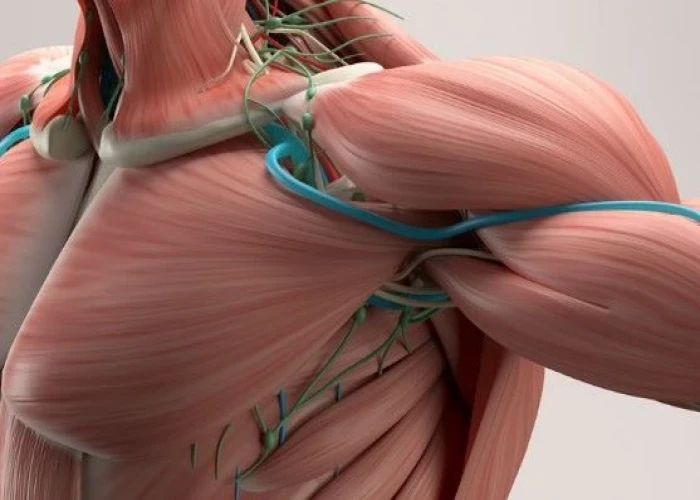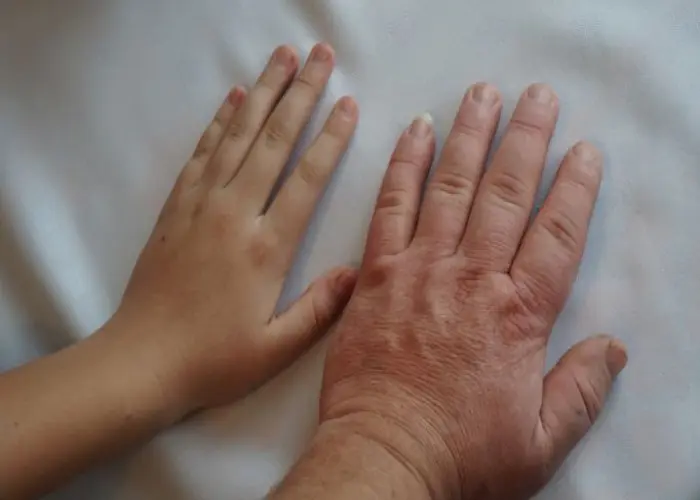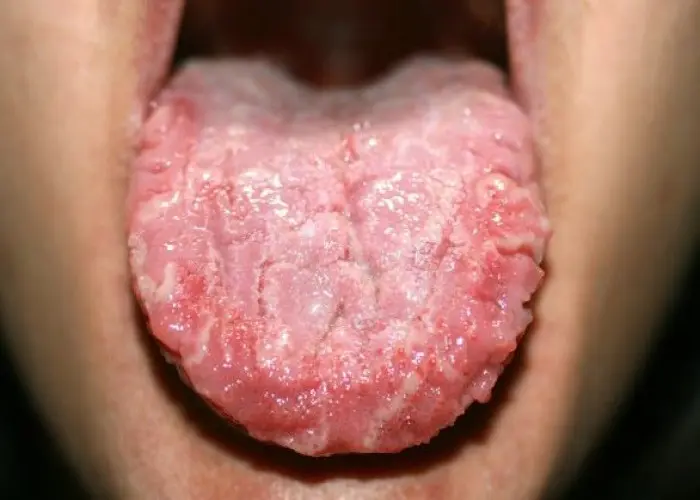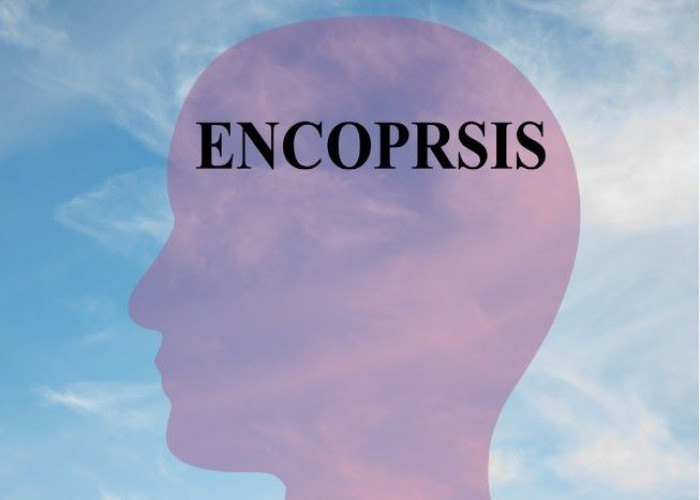 Welcome
Welcome
“May all be happy, may all be healed, may all be at peace and may no one ever suffer."
Encopresis

Encopresis is a condition in which a person, typically a child over the age of four, has fecal incontinence and soils their underwear or clothing. It is usually caused by chronic constipation, in which stool becomes hard, dry, and difficult to pass.
The condition can be embarrassing and lead to social difficulties for the affected child, as well as emotional stress and frustration for parents and caregivers.
Treatment for encopresis usually involves addressing the underlying constipation through a combination of dietary changes, such as increasing fiber intake and drinking more water, as well as stool softeners or laxatives to help soften and ease bowel movements. In some cases, enemas or manual disimpaction may be necessary to clear the rectum of impacted stool.
Behavioral interventions, such as positive reinforcement, timed toileting, and toilet training, may also be used to help the child develop better bathroom habits and improve their bowel control.
Family therapy and counseling may also be recommended to help parents and caregivers better understand and manage the condition and to address any emotional or psychological issues that may be contributing to the problem.
With appropriate treatment and support, most children with encopresis can improve their bowel control and regain normal bowel habits. However, treatment may be a lengthy process and requires patience and persistence from both the child and their caregivers.
Research Papers
Disease Signs and Symptoms
- Diarrhea
- Loose watery stools
- Constipation
- Hard stool
- Passage of large stool that clogs or almost clogs the toilet
- Frequent bowel movements
- Loss of appetite
- Abdomen pain
- Repeated bladder infections, typically in girls
Disease Causes
Encopresis
There are several causes of encopresis, including constipation and emotional issues.
Constipation
Most cases of encopresis are the result of chronic constipation. In constipation, the child's stool is hard, dry and may be painful to pass. As a result, the child avoids going to the toilet — making the problem worse.
The longer the stool remains in the colon, the more difficult it is for the child to push stool out. The colon stretches, ultimately affecting the nerves that signal when it's time to go to the toilet. When the colon becomes too full, soft or liquid stool may leak out around the retained stool or loss of control over bowel movements may occur.
Some causes of constipation include:
- Withholding stool due to fear of using the toilet (especially when away from home) or because passing stool is painful
- Not wanting to interrupt play or other activities
- Eating too little fiber
- Not drinking enough fluids
- Drinking too much cow's milk or, rarely, an intolerance to cow's milk — though research results conflict on these issues
Emotional issues
Emotional stress may trigger encopresis. A child may experience stress from:
- Premature, difficult or conflict-filled toilet training
- Changes in the child's life, such as dietary changes, toilet training, starting school or schedule changes
- Emotional stressors, for example, the divorce of a parent or the birth of a sibling
Disease Prevents
Encopresis
Below are some strategies that can help prevent encopresis and its complications.
Avoid constipation
Help your child avoid constipation by providing a balanced diet that's high in fiber and encouraging your child to drink enough water.
Learn about effective toilet training techniques
Educate yourself on effective toilet training techniques. Avoid starting too early or being too forceful in your methods. Wait until your child is ready, and then use positive reinforcement and encouragement to help make progress. Ask your doctor about resources on toilet training.
Get early treatment for encopresis
Early treatment, including guidance from your child's doctor or mental health professional, can help prevent the social and emotional impact of encopresis. Regular follow-up visits with your doctor can help identify ongoing or recurring problems so that adjustments in treatment can be made as needed.
Disease Treatments
Disease Diagnoses
Disease Allopathic Generics
Disease Ayurvedic Generics
Disease Homeopathic Generics
Disease yoga
Encopresis and Learn More about Diseases

Wheat allergy

Pseudocholinesterase deficiency

Thrombocytopenia (low platelet count)

Acromegaly

Heat rash

Dysentery

Atrial fibrillation

Geographic tongue
encopresis, এনকোপ্রেসিস
To be happy, beautiful, healthy, wealthy, hale and long-lived stay with DM3S.
